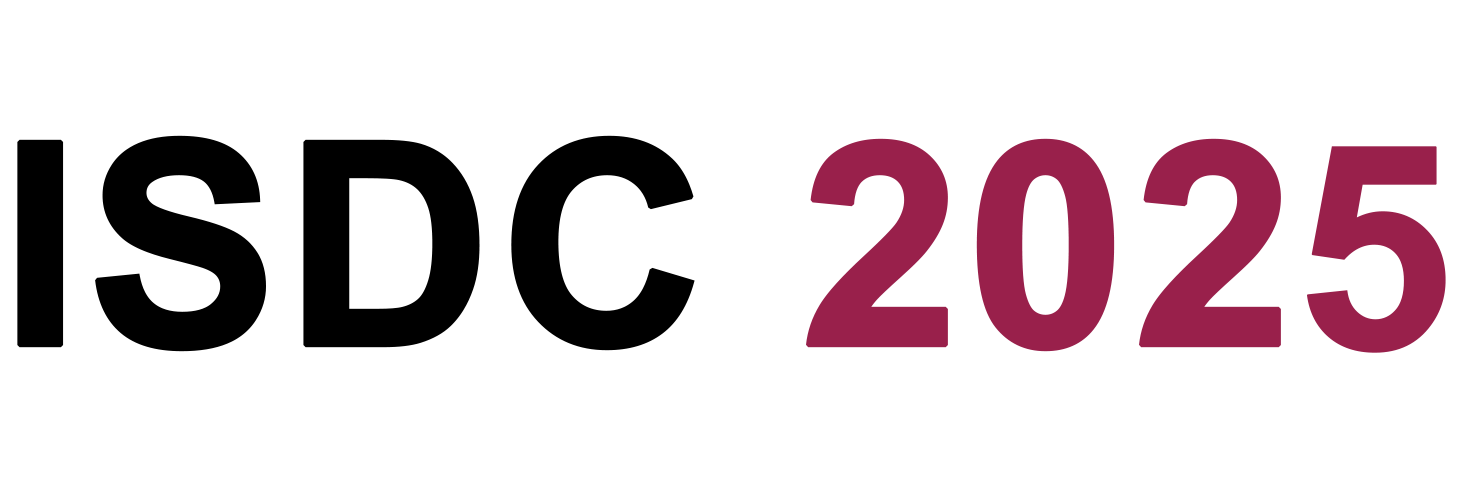
A Dynamic Analysis of Coproduction in Jakarta’s LSSC Waste Program
Wednesday, July 30, 2025, 6:25 AM
Session: Poster Session (Morning, 30th of July)
Jakarta faces a significant waste management crisis, with approximately 2,406 tons of waste going unprocessed daily. To address this issue, one of the government's actions is to launch the Large- Scale Social Collaboration (LSSC) Waste program in 2021. After initial success engaging 20 collaborating partners in the first year, growth plateaued in 2022 with 23 partners, then rose to 63 partners by 2023, indicating substantial untapped potential. This paper investigates the dynamic causes of sub-optimal conditions using a system dynamics approach to construct a literature-informed causal loop diagram (CLD). The CLD serves as a dynamic hypothesis explaining the feedback structure behind the program's performance. Analysis reveals potential conflict between reinforcing loops, where citizen trust fosters participation, and dominant balancing loops, such as bureaucratic inertia and limited citizen capacity, that counteract growth. This study's novel contribution is bridging coproduction theory with system dynamics modeling to analyze collaborative public services. Future work involves translating the CLD into a quantitative simulation model to find leverage factors and optimize the system by testing policy scenarios and providing refined recommendations for policymakers.
Presenter:
Fazlur Rahman Hassan